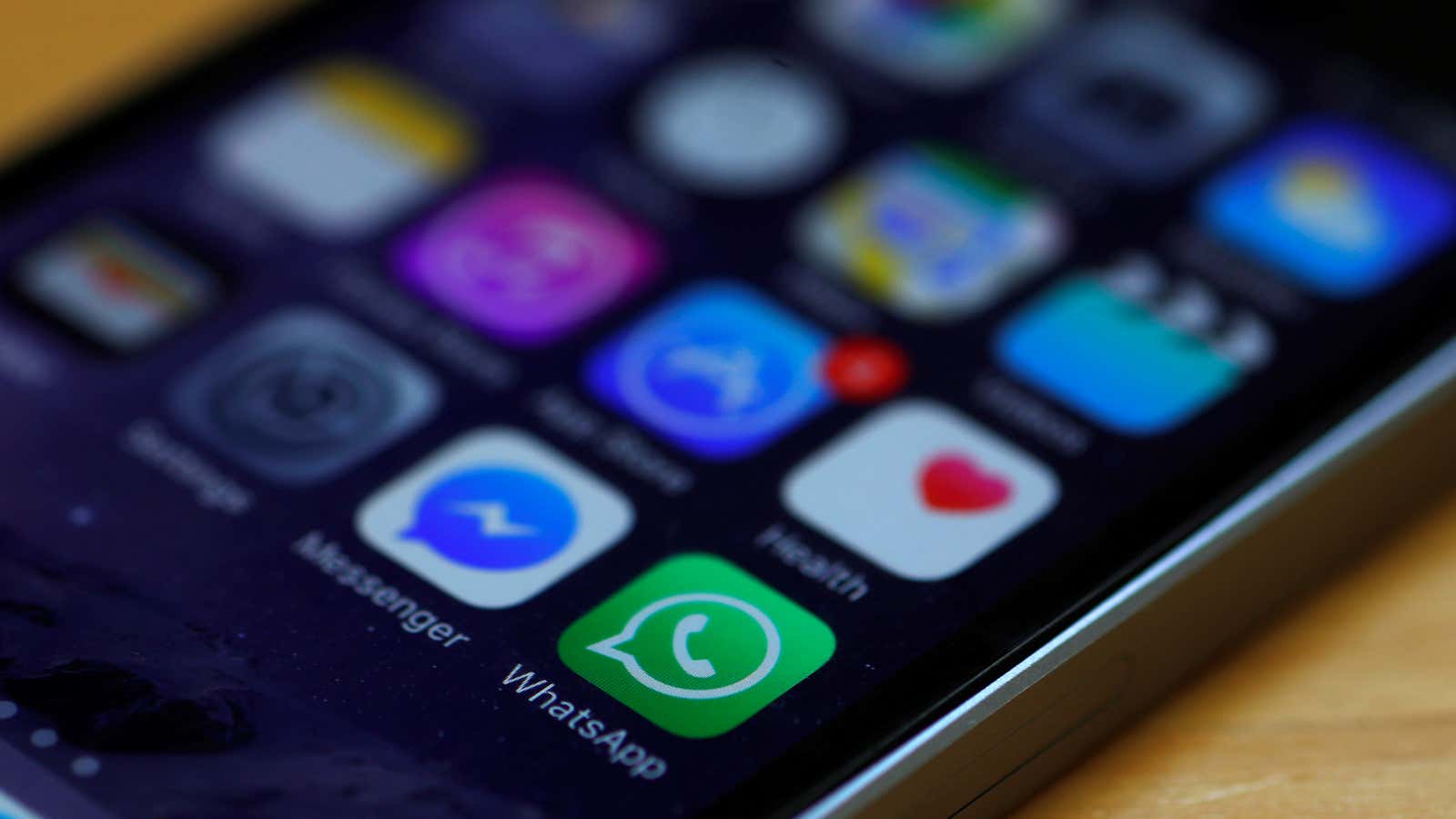Lesotho has become the latest African country to issue regulations on how ordinary citizens use social media. It is seeking to force local social media users with more than 100 followers to register with the Lesotho Communications Authority (LCA) as “internet broadcasters”.
The move mirrors a growing trend exhibiting governments leaning towards stricter control of online platforms across Africa.
If passed into law as largely expected, the new requirements will mean social media users in the small mountainous African country have to abide by strict guidelines and regulations governing broadcast media. More worryingly, the draft rules empower regulators to conduct investigations on “internet broadcasters” who are suspected of contravening Lesotho’s broadcasting rules and “may direct or facilitate removal of such posts or content”.
Internet freedom and access to information rights campaigners are worried that this will result in self-censorship or worse still, persecution of users as seen in some other African countries and elsewhere.
Lesotho already has a tainted reputation for human rights violations. Judd Devermont, Africa program director for CSIS, described the proposed Lesotho social media rule as “onerous, impractical, and it raises questions about its true intent” especially in the context of rights violations by government arms.
Such fears are not without precedence though. In Zimbabwe, president Emerson Mnangagwa’s administration has been arresting critics for social media posts mainly on Twitter and WhatsApp. Zimbabwe is also pressing ahead with a Cyber Crimes bill that legal experts say may result in even more detentions of social media users.
Tendai Biti, a legal expert in Zimbabwe believes this is not necessary as “there is already a civil mechanism” to deal with offensive social media posts as the platforms allow users to block followers that violate their rights.
This comes as many governments in Africa are quietly making it difficult for social media users to freely express their minds or question their leaders online through crafting and implementing heavy-handed regulations that require users to register with regulators and to compel bloggers and content creators to pay exorbitant taxes in some instances such as in Uganda.
As well as Lesotho and Zimbabwe, countries including Uganda, Tanzania and Burkina Faso, are among those who have joined a growing trend of heavy-handed regulatory oversight of social media users. This has become particularly crucial ahead of elections in Tanzania (Oct. 28) and Burkina Faso (Nov. 22) where leaders there could be seeking to contain the effect of social media on their re-election bids.
African countries are not alone in considering how to manage their political landscape in the wake of the impact of Facebook, Twitter and WhatsApp among others. The social media platforms are also facing rising pressure in Western countries led by the US and the UK to do more to curb so-called fake news, offensive and racial content as governments lean towards a reform agenda dealing with emergent issues around social media.
However African governments have been particularly heavy-handed in dealing with any possibility of political activist operations on social media and have taken to blocking or slowing down social media apps in countries including Ethiopia and Togo. Ultimately some of these governments have taken to shutting down the country’s entire internet.
Online bloggers
In Uganda, online content creators and distributors such as video-on-demand content producers on YouTube and bloggers in Uganda now also have to be licensed by the Uganda Communications Commission starting Oct. 5.
Tanzania recently passed the Online Content Regulations 2020 that make it an offense for Facebook, Twitter and WhatsApp users to post messages which “ridicule, abuse or harm the reputation, prestige or status of the United Republic of Tanzania” ahead of an election later this month in which president John Magufuli will be seeking re-election.
Further afield in West Africa, Burkina Faso in 2019 passed regulations that criminalizes communication of information that demoralizes the security sector. Security forces in Burkina Faso stand accused of human rights abuses, including allegations of mass executions that Human Rights Watch says could have international consequences for president Roch Marc Christian Kaboré, who faces about 10 other contenders in elections scheduled for next month.
The African Union has previously expressed concern “on the growing trend of states in East Africa adopting stringent regulation measures on the Internet and Internet platforms”. However, in 2017, ICT Ministers under the AU committed to “implementing a Charter of internet use with the objective of Protecting internet users” and to foster freedom of expression under a “transparent and inclusive framework” of internet governance.
“The African Union sets normative policy recommendations that are then endorsed by member states,” Ebba Kalondo, spokesperson for the AU, told Quartz Africa by email.
Sign up to the Quartz Africa Weekly Brief here for news and analysis on African business, tech, and innovation in your inbox
